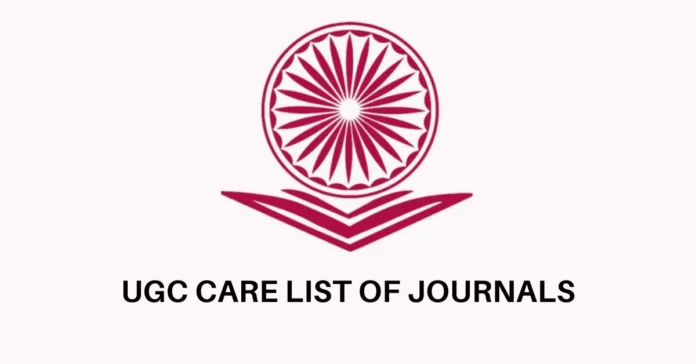In a recent announcement, the University Grants Commission (UGC) issued a strong public notice cautioning Indian researchers and institutions against publishing in fake, cloned, or predatory journals. The notice, available on the official UGC website, serves as a vital reminder to maintain academic integrity and avoid unethical publishing practices.
If you’re a PhD scholar, research guide, or part of an academic institution, this is a must-read update that could directly impact your research career.
What Does the UGC Public Notice Say?
Here are the key takeaways from the official document:
- Strict Warning: Publishing in fake or predatory journals will not be considered for academic evaluation, promotions, or PhD submissions.
- No Recognition: Research articles in such journals won’t be counted for API scores, faculty appointments, or UGC grants.
- Responsibility Lies with Authors & Institutions: The UGC holds authors and universities accountable for ensuring the authenticity of their published journals.
- Adherence to CARE List: Researchers should refer to the UGC-CARE list to ensure they publish only in legitimate, peer-reviewed journals.
Why This Notice Matters: The Bigger Picture
The academic publishing space has become increasingly vulnerable to predatory publishing practices. Fake journals often:
- Charge publication fees without proper peer review
- Accept low-quality or plagiarized work
- Mislead authors with false indexing claims (like fake Scopus or Web of Science indexing)
- Operate without transparency or editorial rigor
This results in academic dilution, reputation damage, and loss of research credibility.
What Researchers Should Do Now
If you’re actively publishing or guiding students, follow these steps immediately:
- Cross-Check Journals with the UGC-CARE List.
- Avoid Journals with fast-track promises or suspicious acceptance rates.
- Check Indexing Claims via official databases like Scopus, Web of Science, or DOAJ.
- Verify the Publisher – Authentic publishers have clear editorial boards and peer review processes.
- Document Everything – Keep emails, receipts, and screenshots of submission and acceptance.
A Note to Academic Institutions
The UGC emphasizes that institutions must not encourage or reward publications in predatory journals. All academic promotions, research grants, and PhD evaluations should be strictly aligned with journals listed in UGC-CARE, Scopus, or Web of Science.
This is a collective responsibility – institutions must ensure their faculty and scholars follow ethical publishing norms.
FAQs: What You Need to Know
Q1. Will UGC reject my PhD thesis if I publish in a fake journal?
Yes. If your publications are not in approved journals, your work may not be considered valid.
Q2. How do I know if a journal is fake or cloned?
Check its ISSN, website credibility, editorial board, and peer-review process. Also, verify indexing claims.
Q3. What is the UGC-CARE list?
It’s a curated list of trusted journals across disciplines. UGC recommends publishing only in journals included in this list.
Q4. Can I still publish in international journals?
Yes, as long as they follow authentic peer-review practices and are recognized by credible databases.
Strategies to Consider (for PhD Scholars & Faculty)
Top bloggers and experts in academic writing recommend the following to safeguard your research credibility:
- ✍️ Write for Purpose, Not Just Publication: Focus on research quality over quantity.
- 🔍 Audit Your Citations: Reference only trustworthy, peer-reviewed sources.
- 🧠 Stay Updated: Keep checking UGC and your university notifications for updates.
- 🛠️ Use Tools: Employ tools like Think. Check. Submit. to evaluate journals before submitting.
- 💬 Join Research Forums: Engage in platforms like ResearchGate or iLovePhD to share experiences and stay informed.
Final Thoughts
The UGC’s move is a much-needed step toward cleaning up the academic publishing ecosystem in India. As scholars, guides, and educators, we must uphold academic ethics and ensure our research contributes meaningfully to the scientific community.
🔗 Read the official UGC notice here:
Let’s protect the value of genuine research. Say NO to fake journals. YES to academic integrity.
Written by: iLovePhD Editorial Team
Published on: April 14, 2025
Category: Academic News, PhD Guidance, Research Integrity

